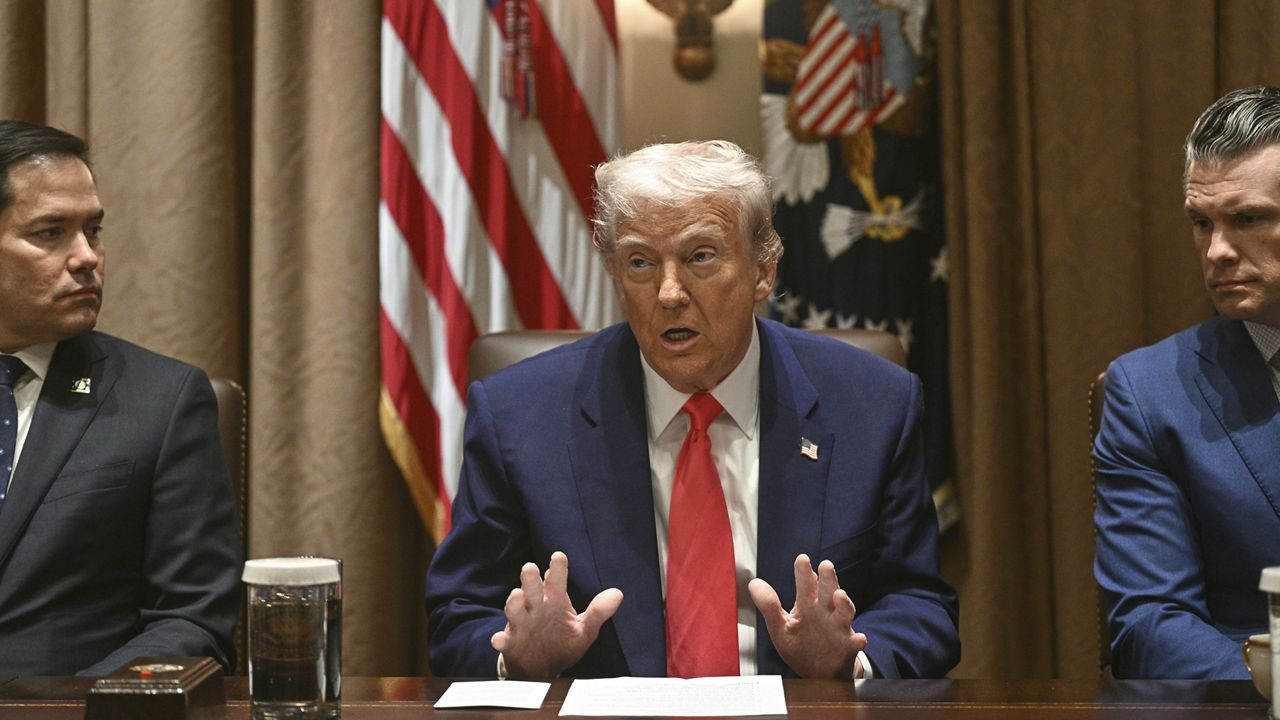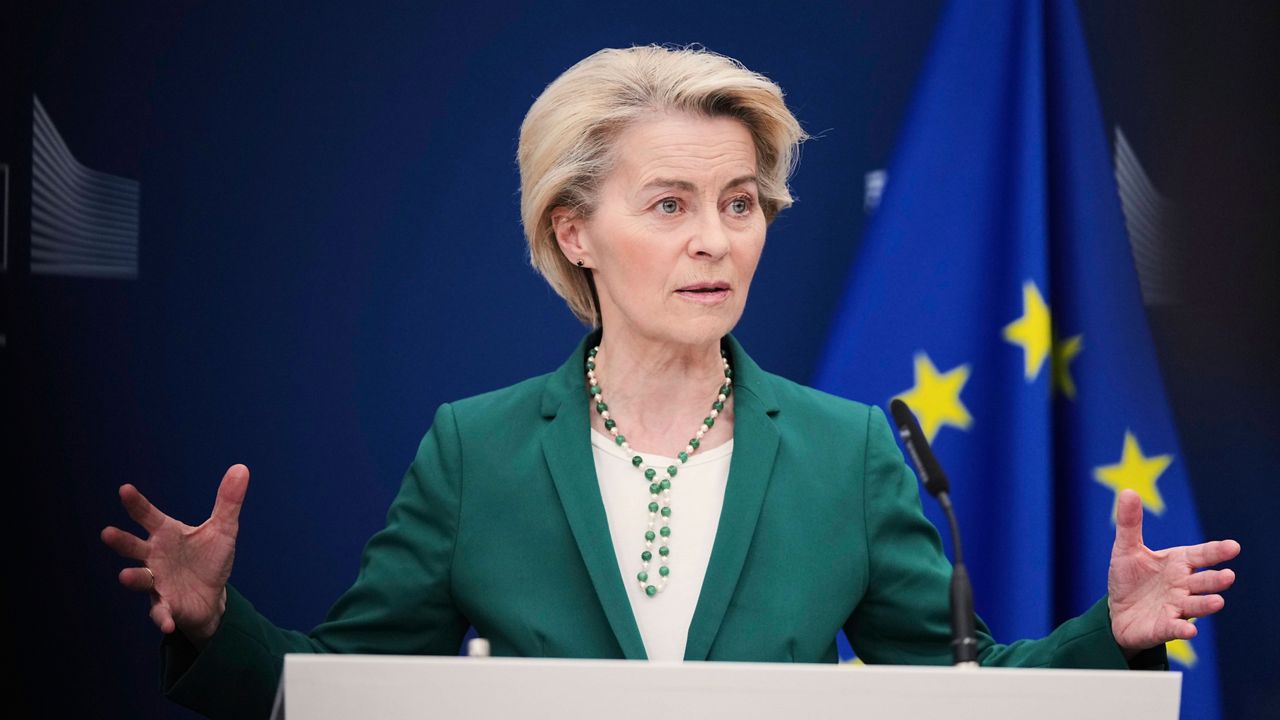Two years into Joe Biden’s presidency, some advocates of criminal justice reform are criticizing what they see as an inconsistent approach to capital punishment.
Federal prosecutors decided earlier this month not to seek the death penalty against the man accused of killing nearly two dozen people in a racist attack at an El Paso Walmart back in 2017.
Meanwhile, a man labeled as an Islamic extremist was convicted last week for killing eight people in a 2017 rampage in Manhattan—the first federal death penalty trial under Biden.
For some advocates seeking to repeal the death penalty, the administration is sending mixed signals about capital punishment.
“The Biden administration has really waffled on that initial commitment. And one sign of that is that the DOJ is continuing to pursue the death penalty and multiple cases,” said Burke Butler, an executive director at the Texas Defender Service.
“We know that the death penalty does not make our communities safer. It has been proven again and again, that the death penalty does not reduce crime,” Butler argued. “The death penalty really takes resources away from strategies that President Biden and the federal government could be pursuing to make our communities safer.”
When he ran for president, Biden pledged to work on legislation to eliminate the death penalty in federal cases and to give states incentives to follow suit.
It left some advocates hopeful in Texas, one of the most aggressive states in applying capital punishment. Texas has executed 579 people since 1982 and is scheduled to execute eight more this year.
“We still had five executions last year. And those executions raised so many disturbing issues, from forensic issues to people who claimed actual innocence to people who were extremely elderly or had an intellectual disability. And so we really need a nationwide leader to really take a moral stand,” Butler told Spectrum News.
Biden’s attorney general, Merrick Garland, has declared a moratorium on federal executions while the U.S. Department of Justice reviews Trump-era changes to the policies. However, advocates argue it is not enough. The Trump administration carried out 13 executions during the former president’s last six months in office. However, advocates argue though what the Biden White House and DOJ has done is not enough.
“President Biden's moratorium on capital punishment only applies to President Biden's administration, it would not bind any future administrations,” said Kenneth Williams, a law professor at South Texas College of Law Houston.
Still, the DOJ continues to push for the death penalty in pending cases like those of the convicted Boston Marathon bomber and Charleston Church shooter. Although as long as the moratorium is in effect, executions are unlikely to be carried out.
Williams added, “What [Biden] could do would be to simply issue an executive order commuting every single sentence of every federal death row inmate to life in prison, he could do that. Now, that would probably be some political cost and doing that, in a couple of the high-profile cases.”
“It's a tricky situation because you have usually horrible crime that was committed, you have members of the community, the family who are seeking justice, for the victims of those crimes. But on the other hand, you have concerns about the way in which the death penalty is being administered in the country,” he continued.
This comes at a time when the new Republican-controlled House is vowing to scrutinize the Justice Department.
Reportedly, White House officials said that although Biden has raised concerns about how the death penalty is applied, the DOJ decides independently, and it would be inappropriate to weigh in on ongoing cases.









